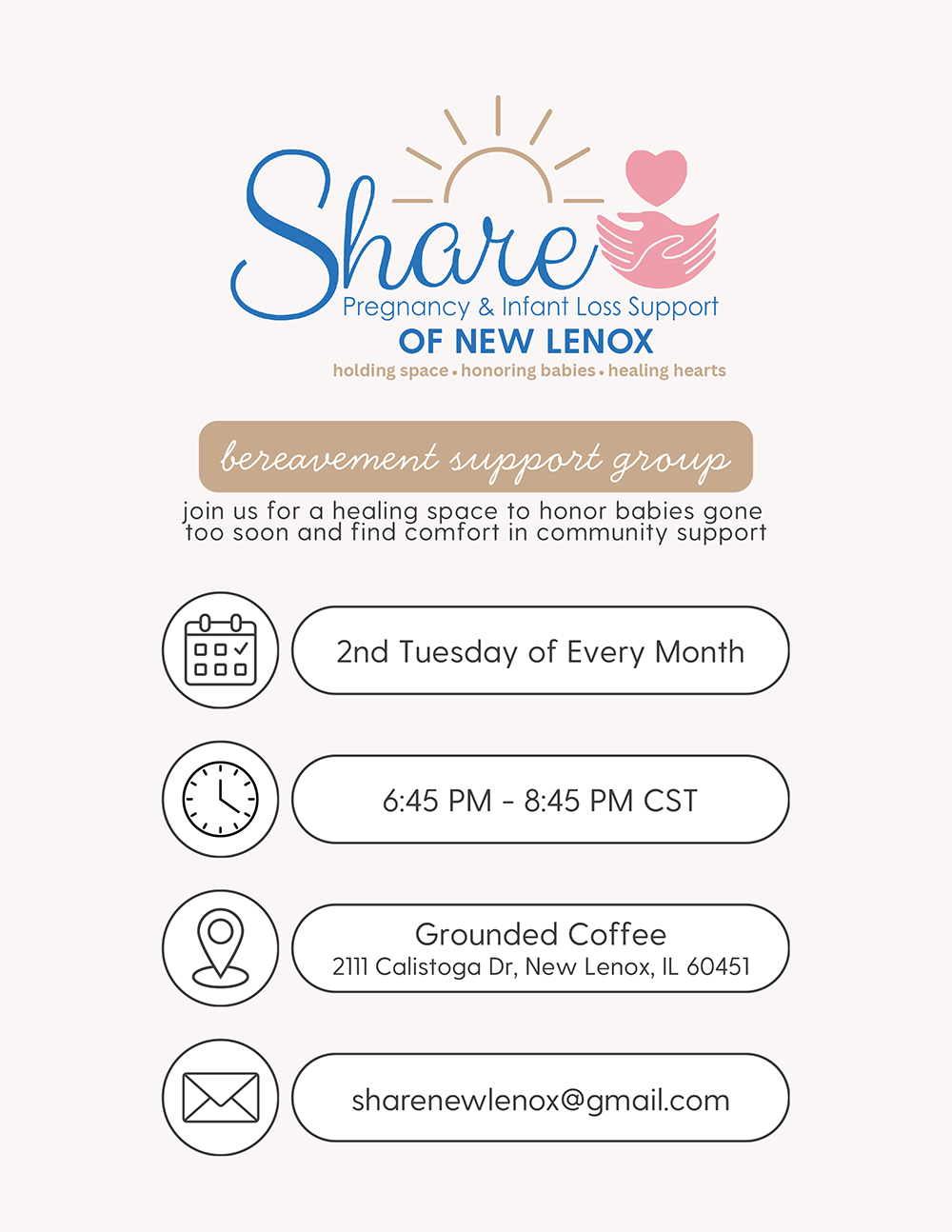
Endometrial ablation is a medical procedure that is not as commonly discussed as other procedures, yet it plays a significant role in women's health. It is crucial to understand the implications of this procedure, especially for women who might be considering it.
What is Endometrial Ablation?
Endometrial ablation is a medical procedure that removes the lining of your uterus. Its primary purpose is to reduce menstrual flow in women. In some cases, it may stop menstruation completely.
Why You May Need Endometrial Ablation
This procedure is often recommended for women experiencing heavy menstrual bleeding. If you've tried other treatments such as medications and hormone therapy, and they've proven unsuccessful, your doctor may suggest endometrial ablation.
Abnormally heavy or prolonged menstruation can lead to more severe health problems, including anemia, if left untreated. It can also significantly impact your quality of life, causing disruptions at work, school, or social activities. Endometrial ablation offers a potential solution to alleviate these symptoms and improve your overall well-being.
The Impact of Endometrial Ablation on Fertility
One of the most critical aspects to understand about endometrial ablation is its impact on fertility. The procedure is not recommended for women who wish to become pregnant in the future. Pregnancy after endometrial ablation is rare, and if it does occur, it's often risky for both the mother and the baby.
Endometrial ablation reduces the thickness of the uterine lining, which can make the implantation of a fertilized egg difficult. Additionally, if a pregnancy does occur, the chances of miscarriage or other complications are significantly increased. Therefore, it's crucial to have a thorough discussion about your future family plans with your doctor before opting for this procedure.
Is Endometrial Ablation Right for You?
If you are considering endometrial ablation, it is vital to consult with your doctor to discuss your medical history and future family plans. Your doctor can provide a comprehensive overview of the procedure, its benefits, risks, and alternatives.
Endometrial ablation is not the only treatment for heavy menstrual bleeding. There may be other options that are more suitable for your specific situation. These could include hormonal treatments, IUDs, or in some cases, a hysterectomy. Your doctor can guide you to make the best decision for your health and well-being.
Conclusion
Endometrial ablation is a significant procedure that can greatly impact a woman's life, particularly regarding fertility. It's a decision that should never be taken lightly. The key is to understand what it is, why you may need it, and its impact on fertility. Always consult with your healthcare provider to explore your options and make an informed decision.
For more information on endometrial ablation, contact our professionals at Partners in Obstetrics & Women’s Health in our New Lenox, Illinois, office. Please call (815) 240-0554 to schedule an appointment today.









